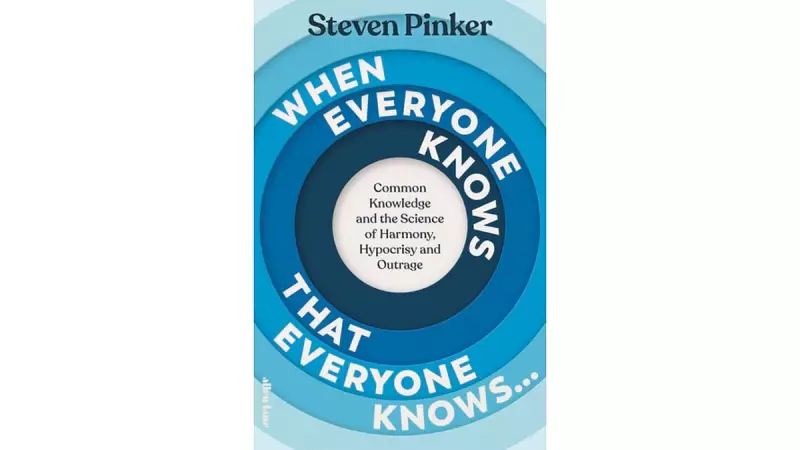
In his latest intellectual masterpiece, celebrated cognitive psychologist Steven Pinker delves into one of the most fascinating aspects of human psychology: the phenomenon of common knowledge. His new book, When Everyone Knows That Everyone Knows, offers readers a compelling journey through the intricate web of shared understanding that shapes our societies.
The Power of Mutual Awareness
Pinker explores how common knowledge operates as the invisible glue holding societies together. When information becomes mutually recognized among group members, it transforms from mere data into a powerful social force that coordinates behavior, establishes norms, and creates cultural touchstones.
The Harvard professor demonstrates how this concept explains everything from social conventions and market behaviors to political movements and linguistic evolution. Through engaging examples and rigorous research, Pinker reveals why some ideas catch fire while others fade into obscurity.
Bridging Psychology and Everyday Life
What makes Pinker's work particularly accessible is his ability to connect complex psychological concepts to real-world scenarios. Readers will discover:
- How common knowledge shapes social coordination and collective action
- The role of mutual awareness in establishing trust and cooperation
- Why certain cultural phenomena become universally recognized
- The psychological mechanisms behind information cascades
- How digital technology is transforming common knowledge creation
A Timely Exploration for Modern Readers
In an era of information overload and digital communication, Pinker's insights feel particularly relevant. The book examines how social media platforms, instant messaging, and global connectivity are reshaping how common knowledge forms and spreads across populations.
This isn't just an academic exercise – Pinker provides practical insights for understanding contemporary social dynamics, from viral trends to political polarization. His clear, engaging prose makes complex ideas accessible to both specialists and general readers alike.
The book represents another significant contribution from one of today's most influential public intellectuals, following his previous bestsellers that have reshaped how we think about language, violence, and human nature.





